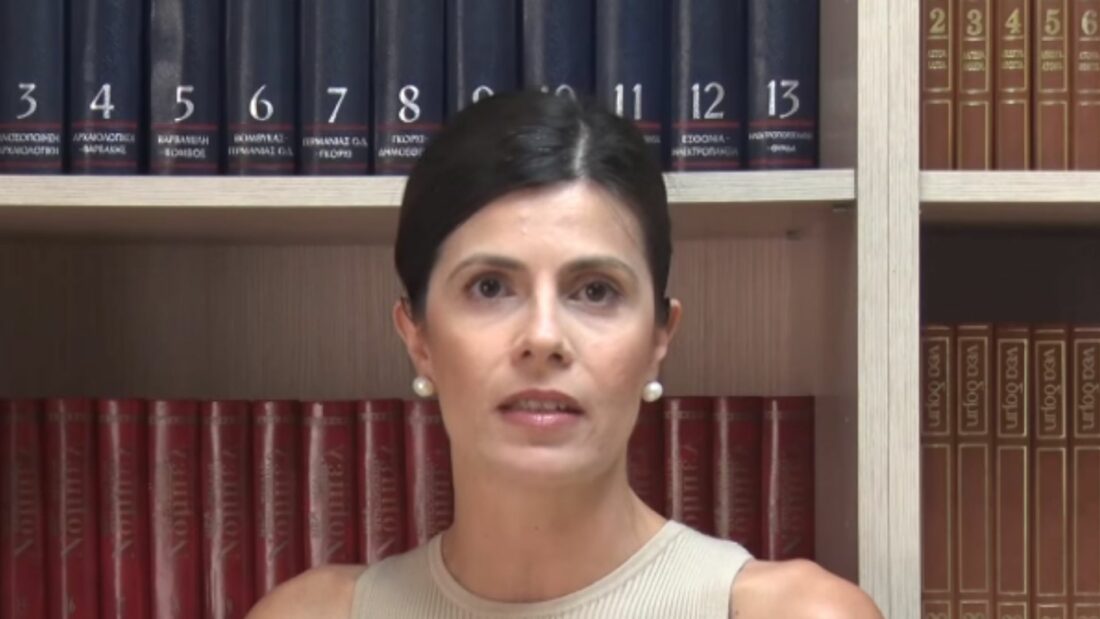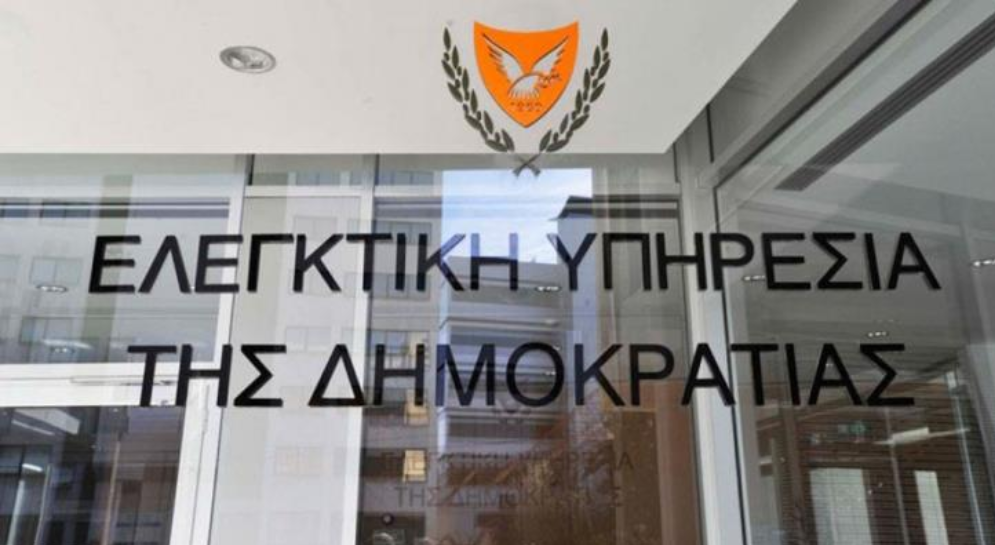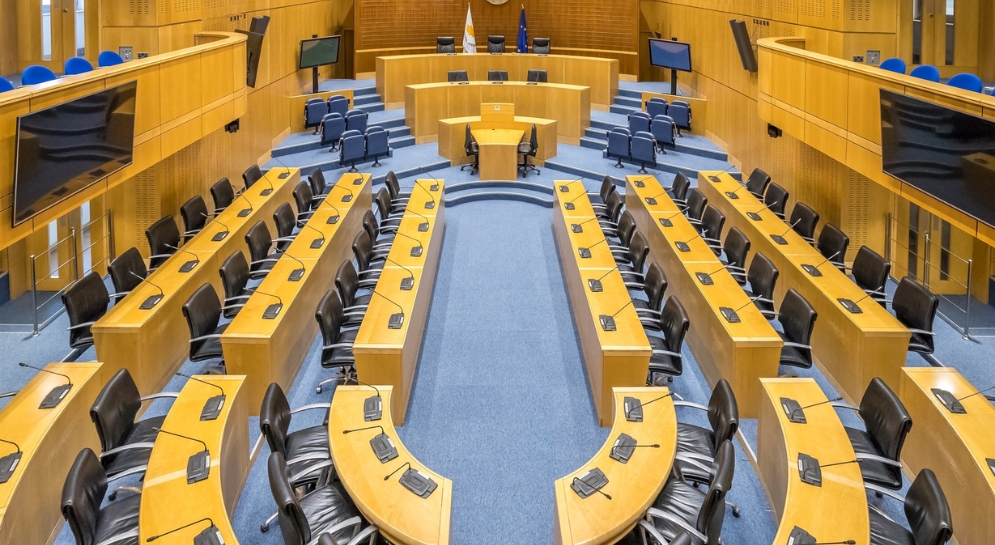
Interview with Stavri Kalopsidiotou, member of the Central Committee of AKEL, the Cyprus Problem Bureau of the Party and International Law expert
“The Strategic Compass is steering the countries and peoples of the EU along precarious paths”
Sunday 27 March 2022, “HARAVGI” newspaper
QUESTION: What does the new EU defence strategy called “Strategic Compass” mean for the EU and Cyprus?
SK: It is an effort that has been ongoing since 2020 and for the completion of which the French Presidency had undertaken commitments, given its long-standing approach for more autonomy. Let us assume that the “Compass” as a tool is useful to orientate someone towards the direction to follow in order to reach one’s destination, the “Strategic Compass” is in all likelihood directing the member states and peoples of the European Union on precarious paths, a fact that is evident in the case of Cyprus.
Exploiting the circumstances of the Russian invasion of Ukraine, the unstable environment that has been created and the fear among citizens of a possible generalisation of the conflict, the EU, instead of asserting an upgrading of its position internationally, exercising the role of a peacemaker and mediator, has rushed to “secure” a policy that is engaging in a race in militarisation. The virtually immediate timing of the implementation of aspects of this policy was to be expected, given the attempt to take advantage of the current situation – precisely because it creates the pretext for justifying the huge increase in military expenditures and investments in the military industry, despite the sharp rise in the number of people living in poverty and economic misery within the Union itself.
A quick reading of the decision is enough to conclude that it divides the world into camps, adopts the philosophy of military might, does not seek instruments of de-escalation and in no way whatsoever supports the theoretical concept of EU autonomy.
On the contrary, as in all the policies included in the Common Security and Defence Policy (CSDP), the so-called “strategic autonomy” of the European Union is declared to be complementary to NATO, while the US is described as “the most stable and important partner of the EU”, calling it “a global power that contributes to peace, security, stability and democracy on our continent”. So I pose the following question: as they have contributed to Serbia, to the “coloured” coups, to the rendition flights that disappeared people in the middle of European skies?
QUESTION: Greece and Cyprus appear to be satisfied with the final text of the “Strategic Compass”, as there are explicit references to Turkey’s provocative and unilateral actions against the sovereign rights of member states. What is your opinion, given that Turkey is a key ally in NATO and acts as a pretentious neutral in the Ukrainian crisis?
SK: Is it ever possible, having in our hands dozens of resolutions, decisions adopted by international organizations and with almost twenty years of experience within the European Union, not to suspect the indecision and expediencies served that influence the attitude of a section of the international community? Without nullifying the importance of this report, how exactly will the “Strategic Compass” benefit us? Turkey, as has been correctly pointed out, is the second most powerful in military terms NATO member state.
The CSDP in general and the “Strategic Compass” in particular, according to the Lisbon Treaty itself, which institutionalised the EU’s relationship of cooperation and coordination with NATO, provide that commitments and cooperation in this field continue to be in line with the commitments that have been undertaken by the member states within the framework of NATO.
Is it therefore possible that the 21 EU member states that are also members of NATO will disavow Turkey, the second biggest military power in the North Atlantic Treaty Alliance? All the more so, given that in the current environment, however much we may insist on Turkey’s pretentious neutrality on the Ukraine issue, Europe and the West in general have so far endorsed its mediating role, a fact which permits it to promote the further upgrading of Turkey’s role as a global player and to facilitate its rapprochement with former allies and/or competitors.
QUESTION: Does the militarisation of the EU help to strengthen European autonomy or is this yet another illusion for the peoples who will be asked to finance the arms industries?
SK: I consider the argument about “military autonomy” is collapsing anyway, whether one agrees or disagrees with the central role attributed to it. However, we should also consider whether autonomy is always or solely judged by geostrategic and military facts/data, or whether perhaps economic autonomy, the sufficiency of goods and well-being of citizens are elements that reduce certain dependencies – in a world where the model of globalisation of the mighty is dominant. It is obvious that the sharp increase in spending on the arms industry, combined with the increase in price hikes that preceded the war, which was exacerbated by the pandemic and has now skyrocketed, undermines any possibility of economic autonomy.
In essence, the picture that is emerging today is that, with all the decisions taken by the European Union, it is the peoples of Europe who are literally being called on to foot the bill. The only people who can rub their hands with glee and feel satisfied with what is taking place and with the orientation of the decisions that are being adopted are the representatives of the military and arms industry in Europe and in the United States.




